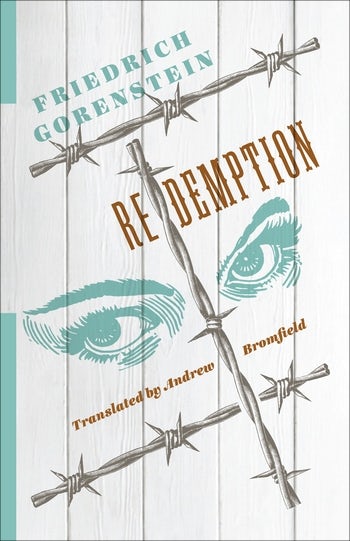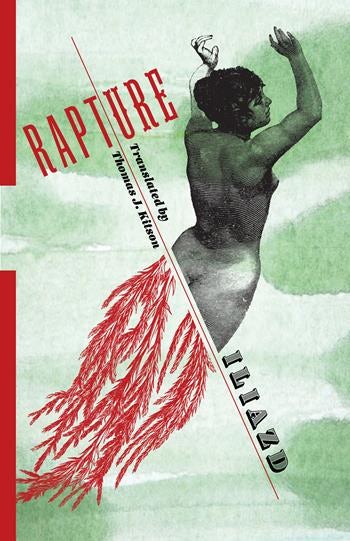Wound by Oksana Vasyakina
Russian FIction
Original title -Рана
Translator – Elina Alter
Source – Review copy
Well, on to the second book for this year’s Woman in Translation month, and we are with a debut novel in ENGLISH FROM THE Russian poetess and curator Osaka Vasyakina with one of the first Lesbian novels in Russian. The book won the NOS prize in Russia when it came out. Osakana lives in Moscow, where she teaches writing and feminist literature. This book is the first of three she has written about her family. This one follows the death of her mother. The other two books are about her father, that died of Aids and her aunt Rose. The book is formed of the journey she took with her mother’s ashes to the small working-class town she grew up Siberia.
The cousin didn’t know that I was a lesbian. But I wanted to say to him that he knew nothing about gay people. Why do you have this fixation on anal penetration? Why do you want to insert an automatic rifle lubed with lard into the German’s anus? I wanted to ask. But I didn’t bother. And after all, condoms don’t hurt anyone, rather they help save lives. While what’s a rifle for? A rifle exists to kill people.
It was stuffy from the heat and the stink of the little pine tree air freshener. What misery, I thought. And said nothing.
She kept her sexuality secret from ost of her family.
The book opens as Oskana’s mother is on her deathbed. We see her talking and interacting with the nursing staff as she nears the end of her battle with Breast cancer in a hospice. Then as she passes, she thinks about her own position, and at that moment, she is dealing with an accusation of sexual assault. This leads her to feel about her partners and the consent of those partners and her current situation. So over time, this happens as she lays her mother’s ashes in her home town in distant Siberia. So she gets her mother’s ashes as she heads on a mammoth train journey into her own past her mother’s past as the train mothers closer to her mothers home town we see a woman dealing with her mother’s death as grief-stricken but also how her mother dealt with her sexuality and how that affects her life. This shows how hard it is to be a lesbian under Putin’s regime. It also has a poet’s soul in it. The middle section, an ode to her mother, is a powerful piece of writing.
And also love. Though love is more complex than death.In death only one person is involved, but love is a space of cooperation. I tried to weld love and death together inside myself. I didn’t want vulgarity; I wanted life, a daily practice, labour. And then I wrote a poem. Love brought me pain, and death brought me pain. But love brought the pain of being, while death brought the pain of non-being. And that was where they met, through pain.
women young women are becoming sand
beautiful slim in nylon glitter are becoming sand
I’m reading you Inna Lisnyanskaya’s poems from her book
In the Suburbs of Sodom
and in one poem she compares her stomach her old worn-out stomach. to waves of sandsShe writes poetry around her mothers death on the train ride.
This is a powerful book from a strong female voice. In fact, this is maybe the perfect book for women in translation month. I works like this are what it is all about, those voices that should be heard worldwide. Oksana Vasyakina is a brave writer. She has written here the first openly lesbian novel written in Russian, although it is just one part of the story of her life and the life with her mother. But current events in her life, with the accusations and such, show how hard it is to be Homosexual in Russia. But most of all, this book mediates a mother-daughter relationship and the ghosts of that relationship now that her mother has passed. As she heads on the train, we see the lacework of her mind piece together the past and their relationship as we head to her mother’s cold and working-class history of the village her mother is from. The book I recalled Maria Stepnova’s book in memory of a Memory, another Russian book dealing with memories and death, the ghost we all have in our past and what happens when we open our minds and let those ghosts and memories free to walk on the page and her they have such heartfelt words. Have you read this book? What are your woman in translation plans?
Winston’s score – = A powerful book around the loss of a mother from the daughter’s perspective.










